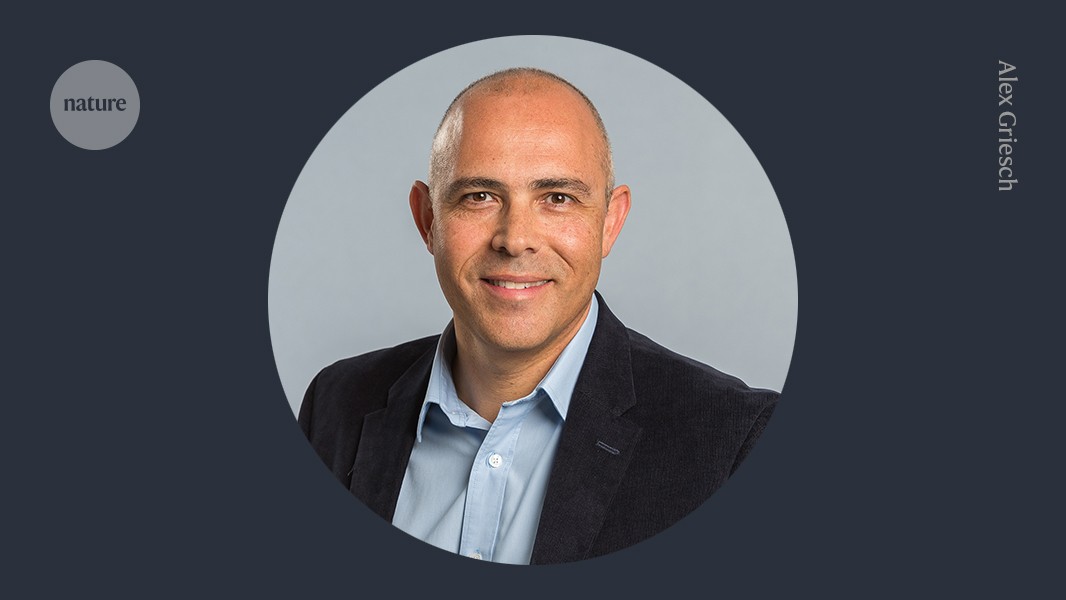A little before 3 a.m. on 15 June, two Iranian missiles hit the Weizmann Institute of Science in Rehovot, Israel. We consider this a direct targeting of Israeli science and the global enterprise of science that benefits humanity.
Although, thankfully, there were no human casualties on campus, more than 50 Weizmann research laboratories, led by world-class scientists doing cutting-edge science, were destroyed either by direct hits or shock waves. The strikes came close to the homes of many scientists and students who live on campus.
News changes quickly in this part of the world, but as I write these words, I can express gratitude for the ceasefire and hope that it is adhered to.
Escalating Israel–Iran conflict damages science labs
Let me be clear: our institute shares values with many Iranians, including those Iranian scientists living outside Iran with whom we collaborate on live-saving and life-sustaining research. I look forward to the day when Israeli scientists can freely collaborate with scientists in Iran and do good for the region and for humanity. I wish the same for scientists in Gaza and throughout the Middle East.
This blow comes after 20 months of war in Gaza and southern Lebanon, following the attacks of 7 October 2023 on Israel by Hamas. We continue to grieve the loss of life on both sides. We remain deeply distressed by the ongoing war in Gaza, the hostage crisis and the Palestinian humanitarian crisis.
Over the course of history and the many wars in our region, science has endured. We at Weizmann are facing challenges head-on and continuing in our mission as we always have: by advancing science that protects and sustains life, and doing so through international collaboration with colleagues regardless of their identity or nationality.
The value of science
Science can take on issues that know no geographical borders. At Weizmann alone, life scientists’ discoveries have led to medications for cancer, multiple sclerosis and other autoimmune diseases, as well as diagnostic methods such as amniocentesis: a prenatal test to check for genetic or chromosomal conditions in a fetus. Our microbiologists are engaged in solving the urgent problem of antibiotic resistance. And our plant scientists have found ways to engineer crops for improved nutrition and resilience to pests. Other breakthroughs are happening at other Israeli institutions every day, with positive effects worldwide.
Did the US wipe out Iran’s nuclear programme? What researchers know
Despite Israel’s small geographical size and population, the nation has achieved great success in science and technology as a result of its winning combination of academic freedom, curiosity and scientific literacy.
Even as Weizmann recovers from the most difficult moment in its history, I feel strongly that we can be on the starting line of a new era for the region — one in which borders open up and Weizmann and other Israeli institutions can engage with colleagues throughout the Middle East. Our desire is to establish more partnerships with more countries in Middle East and Gulf states, as we did in 2020, when we established a formal collaboration with Mohamed bin Zayed University of Artificial Intelligence in Abu Dhabi, United Arab Emirates.




